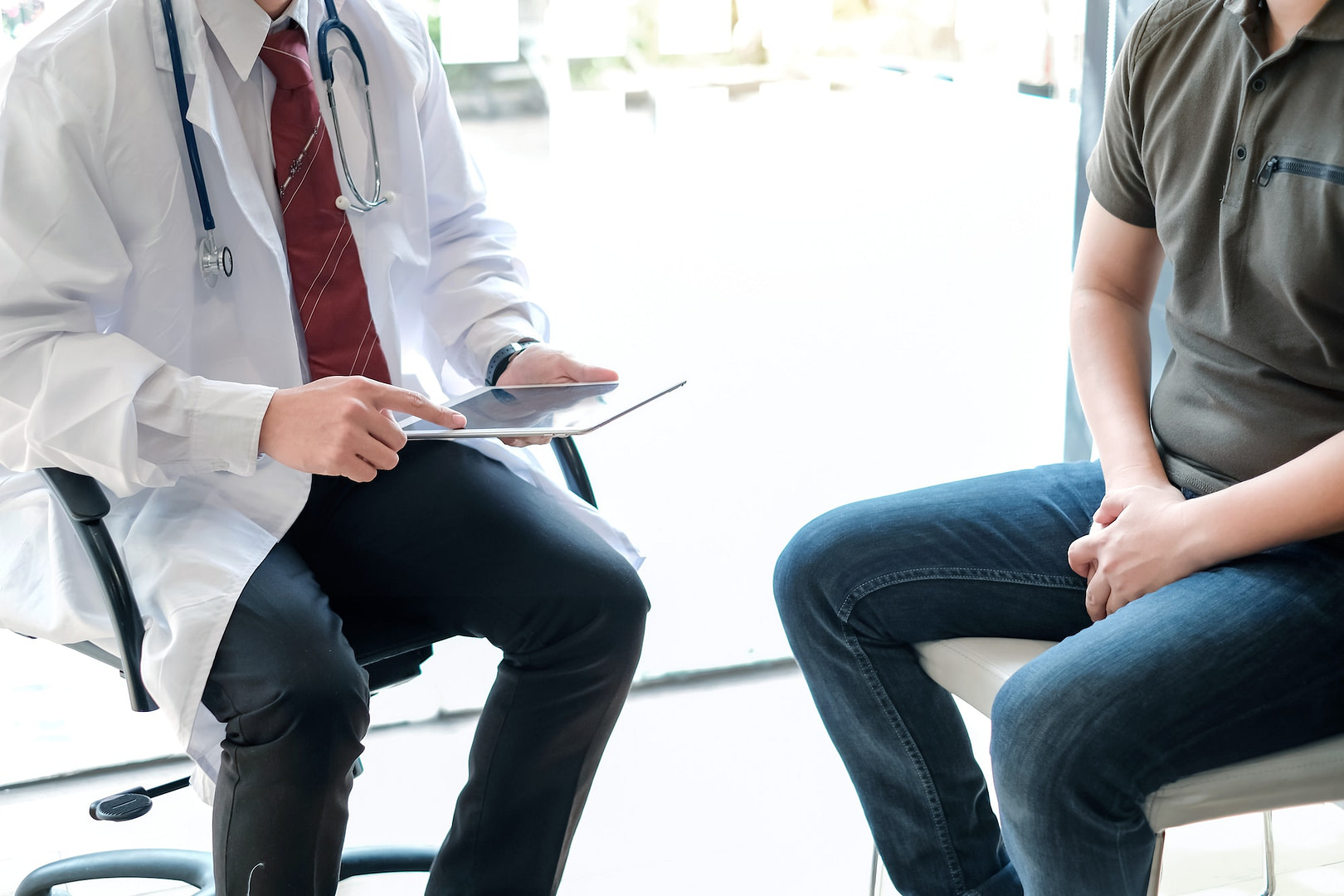- (310) 849 7991
- Info@HouseCallDoctorLA.com
- Available 24/7
If you’re a man and you’re in your fifties, congratulations – there’s a 50 percent chance you’ve already got an enlarged prostate. If you’re 100 and your prostate isn’t enlarged, you may not even exist! Known medically as benign prostatic hyperplasia (BPH), this condition is close to inevitable for men who live long enough. It can bring some unpleasant quality of life problems and, in some cases, possible complications. BPH symptoms can also be a warning sign of prostate cancer. That’s the bad news. The better news is that everyone is different and symptoms in many men may be very minor. The best news is that there are now a great many ways to handle the problem. The important thing is to see a doctor soon.

The prostate is an important part of the male reproductive system that, naturally, happens to be located next door to the urinary tract. When it grows larger, it can press the urethra and restrict the flow of liquid. The most common symptoms include:
The only way to know is to see a doctor very soon. The fact of the matter is that most symptoms of BPH and prostate cancer overlap, particularly those that don’t directly relate to sexual function. The only way to be sure that your enlarged prostate is benign is with the help of medical professionals. It’s important to know, however, that prostate cancer is also highly treatable, often very slow moving, and far from a death sentence if it is caught early enough.
Yes. While BPH is obviously less dangerous than prostate cancer, it can result in extremely uncomfortable and potentially serious problems. Risks include potential damage to the kidneys or bladder as well as a sudden inability to urinate. The latter issue is typically treated with emergency surgery and a catheter. Other possible complications include urinary tract infections and bladder stones.
Here’s where the real good news is. The 21st century has seen the arrival of medications and minimally invasive procedures that can attack the problem with a very low risk of serious side-effects. While those with very mild symptoms often simply chose to keep an eye on the problem along with their doctors, once problems become bad enough in terms of either health or symptoms, there are a number of options available. These include:
These procedures and medications are largely very safe, though impotence or incontinence after the recovery period can be a small risk; in many cases these problems are temporary. Patients may also want to give popular supplements like pygeum and saw palmetto a try. These remain fairly controversial in the medical profession for a number of reasons, but some patients do report improvements. In any case, there’s no reason for older men to assume that their later years will be spent mostly in the bathroom or that their bedroom will only be for sleeping.
See a doctor sooner rather than later or, if symptoms are bad, as soon as humanly possible. One convenient way to get started is through Dr. Michael Farzam and House Call Doctor Los Angeles. Whether you’re at home, your hotel, or an office/work site/film set, Dr. Farzam is here to provide speedy and discreet help on a 24/7 basis.
To get started, call us at the phone number above or get in touch with us through our contact page
Doctor is usually at your location in one hour or less. Call for an appointment.
